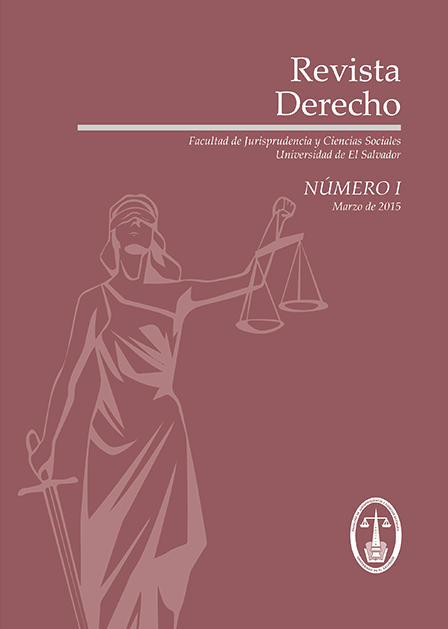Brief reference to the principialist conception of law and the life cycle of obligations
Prescription and expiration in family matters
Keywords:
expiration, principialist conception of law, family law, legal obligations, prescription, legal principlesAbstract
The law is an alive organism in constantly change, subject to collisions between components and progressively traveling in time. Certainly, the idea of law invokes the idea of obligation, because law is talk about the need to exercise or not an activity, under the warning to suffer the enforcement and fulfillment of a sanction. The law is an obligational world and an obligation is the force that holds together the legal institutions, adapting the interaction between them and enabling the legal system is not altered. However, the obligations have their own nature and explanation, the way how they originate, express, develop and extinguish; meaning, it has their own life cycle. Also, the law is a system equipped principles of justice, according to Principialist Conception preached by the law. It does not interpret in this conception of the principles as absolute and overlaid particles at all, but as intelligible and intertwined compounds that respond to the way stable and consistent with legal work, as part of the task of the society. The Principialist Conception of law allows discover the effective implementation of a regulatory system does not depend on the closed and extensive encoding the same, but the proper interpretation of the principles that guide their composition and structure. Clearly,the principles have not only a substitute value of law in this conception, but also a foundational and interpretive value the same.
Downloads
Downloads
Published
Issue
Section
License
Copyright (c) 2022 Revista Derecho

This work is licensed under a Creative Commons Attribution-NonCommercial 4.0 International License.
The authors transfer the copyright rights in favor of the Faculty of Jurisprudence and Social Sciences of the University of El Salvador (through Aequus Editorial) to include their writing in Revista Derecho.








